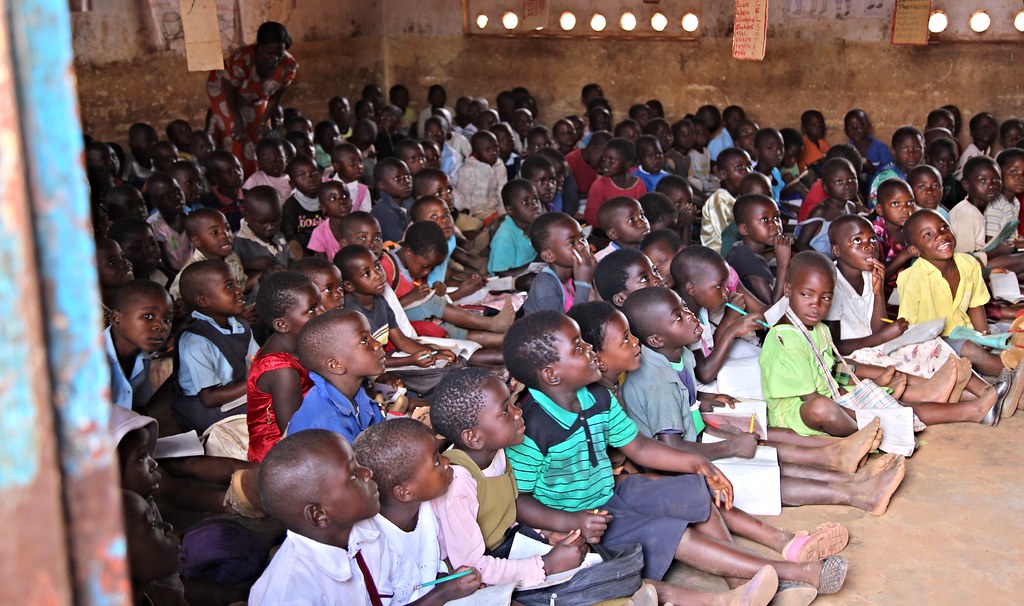WHO and UNICEF launch free online course to address children’s environmental health
UNICEF and WHO affirm that every child has the fundamental right to grow up in a safe and healthy environment.

Recognizing the urgent need to empower all healthcare providers to safeguard children's health amidst the challenges of environmental pollution and climate change, the World Health Organization (WHO) and the United Nations Children’s Fund (UNICEF) have collaborated to create a new free online course.
In an era where pollution and climate change are increasingly jeopardizing children's health, development and their future, this course aims to equip healthcare providers with essential knowledge and resources to recognize and mitigate these risks effectively.
“Over a quarter of all disease burden among children under 5 years of age are attributed to adverse environmental conditions,” said Dr Maria Neira, Director, Department of Environment, Climate Change and Health. “The need to act is clear: we must prioritize children's environmental health to ensure a healthier future for generations to come.”
This course provides an in-depth exploration of children's environmental health, covering key topics of global concern such as air pollution, climate change, e-waste, lead, pesticides and other hazards affecting children's well-being. Participants will gain valuable insights and practical strategies to enhance their capacity in this critical area of healthcare.
UNICEF and WHO affirm that every child has the fundamental right to grow up in a safe and healthy environment. By prioritizing children's environmental health, we can fulfil this right and safeguard the well-being of every child worldwide.
"Children's developing bodies are especially susceptible to environmental dangers, and they need our protection," said George Laryea-Adjei, Director Programme Group at UNICEF. "Lead poisoning is a devastating example: it can lower IQ and increase violent behaviour. Health workers are on the front lines, safeguarding children from these types of risks."
The course addresses a pressing need within the health sector, where many providers have limited knowledge to recognize, assess and manage environment-related diseases in children. Through tailored training materials and resources, including examples of local initiatives, healthcare professionals will be empowered to better address these challenges in their local contexts.
The WHO/UNICEF partnership underscores a shared commitment to advancing children's health and well-being globally, ensuring that healthcare professionals are equipped with the necessary tools and knowledge to protect the most vulnerable members of society.










